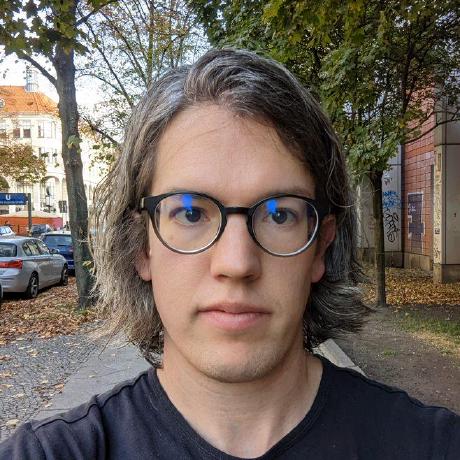About
Hi, I'm Jonathan! Welcome to my blog.
From time to time, I might share some notes on a topic, tutorials, or thoughts that have been on my mind.
Personal background and motivation
I'm an electrical engineer that specialised in renewable energy and have spent the better part of a decade in data science, machine learning and general software development. My goal is to help accelerate the world's transition to sustainable energy, and am currently working at Tesla - building tools for manufacturing data analytics.
I grew up in Benoni, South Africa and studied Electrical Engineering at the University of Cape Town, followed by a Master's in renewable energy at the University of Stellenbosch.
My career began at Eskom Distribution after they graciously sponsored my studies. After a few years, I moved to Berlin, where I am currently based. I've moved industries a bit over the years, working in hospital management at Vamed, real estate at Akelius and am currently in manufacturing at Tesla. The common theme throughout working in these industries has been a focus on data science, machine learning and general software development.
About the name "Uncommon sense"
Back during my first year of university, I had a lecturer who taught us Electrical Engineering 1 that we shall call "Mr Green". Whenever someone asked him a question that he deemed stupid, he would respond with "But that's just common sense!".
I aim to write some things that are not just "common sense".
Interests
The world is a complex place. Too complex for me to understand. What is understandable are many simple things. I like to break things down into useful, actionable insights, often distilling things down to their core components. Remembering specific terms or ideas can frequently be a challenge, but one can usually work them out again following the basics. It might just take a bit of time.
I'm generalising here, but things get overcomplicated when they don't need to be. Complexity sells and everybody is buying. People love to optimise things, without asking "should this thing even exist?". Well, as it turns out, the thing often should exist, but there are still many cases where the wrong things are being optimised.
I like to challenge the general narrative, and where possible put it to the test. Some things that come to mind and which are in no particular groups or relation to each other are:
- Barefoot shoes will break your legs. Give it some time and your legs will be stronger than ever.
- Self-hosting is difficult, and hosting something simple like a chat app will require a full-time employee to maintain. On the contrary — it has never been easier to self-host everything you possibly need. Keep paying the tax if you disagree. Just make sure you do backups.
- Everything needs to be available 100% of the time. The world moves on when "critical" services are down for a bit.
- Staying fit is hard. Just don't be a complete lazy ass, eat well, be prepared to suffer a bit, and it turns out staying fit doesn't require that much effort. People are too addicted to feeling comfortable when a bit of discomfort is needed.
Topics I'd like to explore
Energy
I'd like to get back to working in the energy sector and feel a bit out of sync with the current status of the industry.
How can AI and machine learning help reduce the cost of energy? What are the current limitations regarding renewable energy integration into the grid? Which sectors would provide the biggest impact?
Regenerative agriculture
Firm believer that nature knows best but can use a bit of help from us along the way. How can we use technology in combination with regenerative agriculture to feed the planet and help solve climate change? Can we change the optimisation problem from "as much food for as cheap as possible now" to "as much food for as cheap as possible when considering all indirect costs"?
Health
Without health, one has nothing. A healthy person has many problems, an unhealthy person has just one.
One of the things I'm currently interested in are personal health & health span - with my favourite source of information being Peter Attia. I really enjoy the way him and his team think and approach the various topics they discuss in his Podcast.
Exercise is a necessity to life and mental well-being. One should do a combination of things with the aim not to be the best now, but to be fit and healthy when I'm 100. I have cycled many kilometres, run many miles, and lifted many weights in pursuit of this.
What are some simple rules that one can take to maximise health-span and reduce your lifetime healthcare costs? How can one break down the key metrics to a healthy life and implement these wherever possible? What things can one do to stay mentally sane, reduce anxiety and stress?
